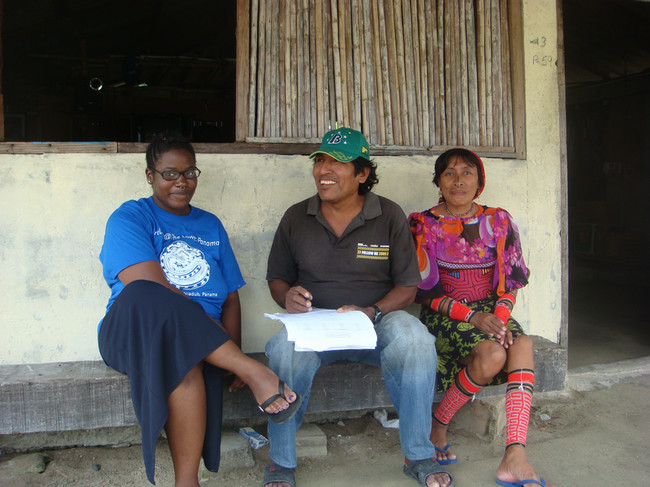INTRODUCTION
Anthropology is the scientific study of humankind, from its beginnings to the present. Of the many sciences that study aspects of humans and their behavior, only anthropology attempts to understand and integrate the entire panorama of human biology and culture in all times and places. The Anthropology Department offers a wide range of courses for students in pursuit of the Bachelor of Arts degree, from the basic four fields of cultural anthropology, linguistics, physical anthropology, and archaeology, to advanced study of topics such as Maya archaeology, medical anthropology, Caribbean cultures, primatology, and the evolution of language.
Anthropological training concentrates on broadly transferable skill areas such as understanding human diversity, building research skills for collecting and making sense of information, and communicating effectively. The skills developed through completing a degree in anthropology are useful for living and working in today’s world, which increasingly means interacting with people from many different cultural backgrounds and nations. The field is especially suited to a multi-ethnic, multi-lingual, and multi-cultural urban center such as Miami, and the research programs of the department faculty reflect the compositions and concerns of the larger community.
Anthropological knowledge has taken an increasing role in the solution of practical problems in public health, cultural resource management, economic development in the Third World, business relations with immigrant and overseas populations, State and Federal programs, and many other areas.
MAJOR
A major in Anthropology consists of 30 credits in Anthropology, passed with a grade of C- or higher with an overall GPA of 2.0.
APY 201, APY 202, APY 203, APY 204 (or approved alternatives), APY 484 and five anthropology courses numbered 205 or higher.
Majors are strongly encouraged to enroll in one of our many fieldwork opportunities or to obtain training in field methods specific to their interests.
The remainder of the program will be developed with the student's departmental advisor.
MINOR
A minor in Anthropology consists of 15 or more credits, passed with a grade of C- or higher with an overall GPA of 2.0 including any two 200-level anthropology courses.
EDUCATIONAL OBJECTIVES
Students who graduate from our program in anthropology will have achieved: 1) Basic familiarity with each of the four subfields of our discipline: archaeology, cultural anthropology, linguistic anthropology, and physical or biological anthropology. 2) Extended familiarity with one or more of these subfields in terms of knowledge of content, e.g. area ethnology in Latin America and/or the Caribbean; topical knowledge such as substance use and abuse, gender, food, primate behavior, art, ritual, museums and collections, material culture, and/or world languages; and methodological skills involving field research in one or more of the subfields. 3) The ability to articulate the anthropological view of the human condition in terms of an operational definition of culture and a holistic perspective on how humans behave. 4) Sufficient skill in research to be able to produce a research paper based on original anthropological investigation.
Contact: Dr. Traci Ardren, Director of Undergraduate Studies
E: anthropology@miami.edu | T: 305.284.49.12




